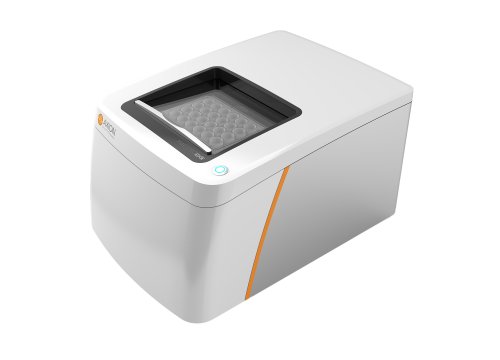Authors: Pré D, Wooten AT, Biesmans S, Hinckley S, Zhou H, Sherman SP, Kakad P, Gearhart J, Bang AG.
Stem Cell Reports, 2022
Scientists use Axion’s noninvasive, label-free Maestro MEA platform to explore long-term potentiation over time in vitro.
Impairment of long-term potentiation (LTP), a form of synaptic plasticity associated with learning and memory, is implicated in a number of neurological and psychiatric conditions including Alzheimer’s disease, Parkinson’s disease, autism, schizophrenia, bipolar disorder, and substance use disorder. Due to limitations of conventional disease models, researchers do not fully understand the mechanisms of LTP, but human induced pluripotent stem cell (hiPSC) technology is helping to bridge this gap. In this study, scientists use Axion’s Maestro multielectrode array (MEA)-based platform to study the effects of chemically induced LTP (cLTP) in hiPSC-derived midbrain dopaminergic and cortical neurons in vitro over time.
Findings from the noninvasive, label-free MEA testing demonstrated that cLTP is independent of the glutamate subclass N-methyl-D-aspartate receptor (NMDAR) but partially dependent on brain-derived neurotrophic factor (BDNF); the authors also found that cLTP induced activity-regulated gene expression. Overall, the authors suggest that the cLTP-MEA assay is a powerful platform for modeling neurological disease and performing high-throughput drug screening.


